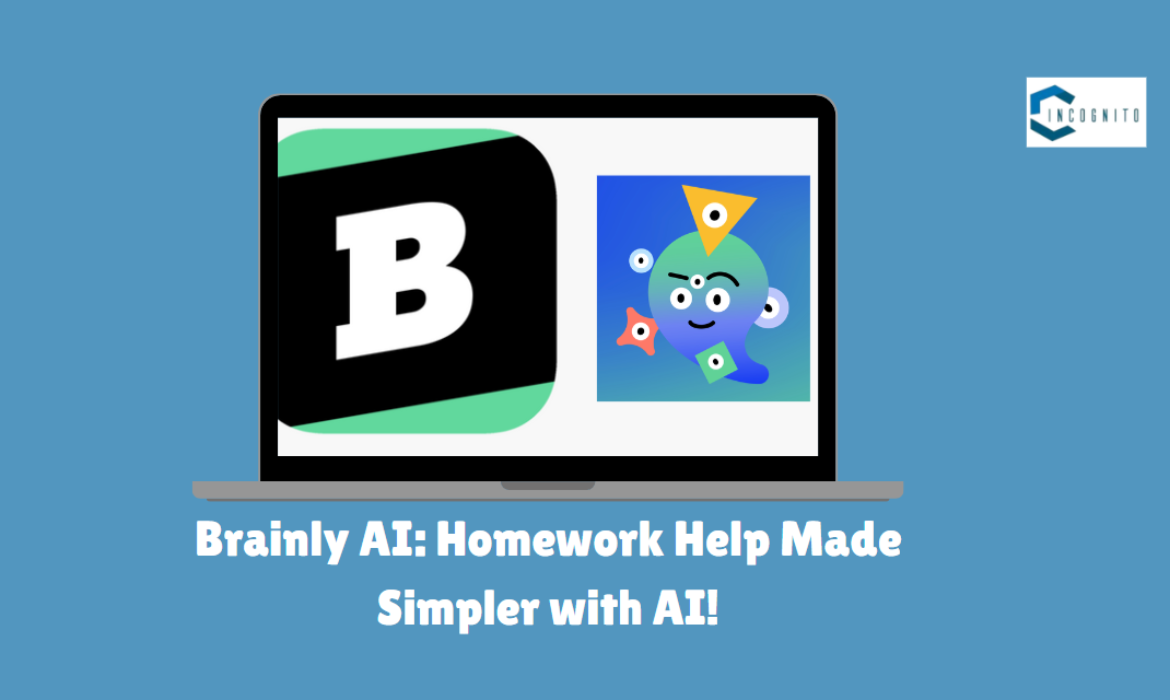In 2024, AI has advanced to a stage where it’s incredibly accurate at generating answers to pretty much anything, including academic questions. Given this reason, when people hear ‘AI’ and ‘Homework’ together, they often immediately think of academic malpractice. After all, why would someone spend hours scribbling equations when AI answers could be accurately generated in mere seconds?

Does that sound unethical? Certainly, but unfortunately, many students also hold this outlook when using AI-based tools for homework and other academic activities. Little do they realize that AI isn’t there to provide ‘shortcuts’ but guidance.
That being said, it’s important to discuss the ethical usage of AI in the academic space openly.
Below are a few tips that can help students ethically utilize AI helper apps for coursework.
1. Requesting Step-wise Explanations:
Instead of just seeking direct answers, students can use AI tools to request detailed, step-by-step explanations for complex problems. This way, AI acts as a tutor rather than a solution provider. For example, in math or science, seeing each step can allow students to understand the logic and processes involved, which they can then replicate on their own. By focusing on the steps, they can practice and develop problem-solving skills, making their learning experience more interactive and thorough.
2. Manually Verifying Answers:
Once an answer is generated by a homework AI tool, students should cross-check it with their textbooks or class notes. This verification process can help them confirm that the answer aligns with the specific methods taught in class, as AI answers might occasionally differ or present a more advanced solution. Verifying answers would also reinforce the student’s grasp on the topic, ensuring they’re not simply copying information but understanding it in context.
3. Using AI for Practice Questions and Quizzes:
Another ethical way to leverage AI is by solving practice questions or quizzes on topics covered in class. Many AI tools have sample problems or quizzes for different grade levels, enabling students to test their knowledge and identify areas where they need more review. This approach can help build confidence and mastery over the subject without encouraging reliance on AI for graded assignments.
4. Engaging with Community Q&A with Experts for Diverse Perspectives:
Expert-verified help in AI homework apps allows students to learn from the insights and explanations of seasoned professionals. Rather than simply taking an AI-generated answer at face value, students can compare it with expert responses, gaining new perspectives and approaches to problem-solving. Engaging with knowledgeable professionals offers a richer, more nuanced understanding of complex topics and encourages students to think critically. Additionally, it provides an opportunity to ask questions directly to experts, which can reinforce their knowledge and build confidence in the material.
The Bottom Line
Students should see AI tools as a great supplement—something to clarify doubts or provide extra practice. While an AI learning companion won’t completely change how the education system works, they can make the experience for students significantly better. By treating AI as an extra layer of support, students can retain control over their education while still benefiting from technological advances. Students should use AI tools in order to be more efficient and learn more effectively. The methods covered in the article help ensure that AI acts as a guide and resource, preserving academic integrity and enhancing true learning.